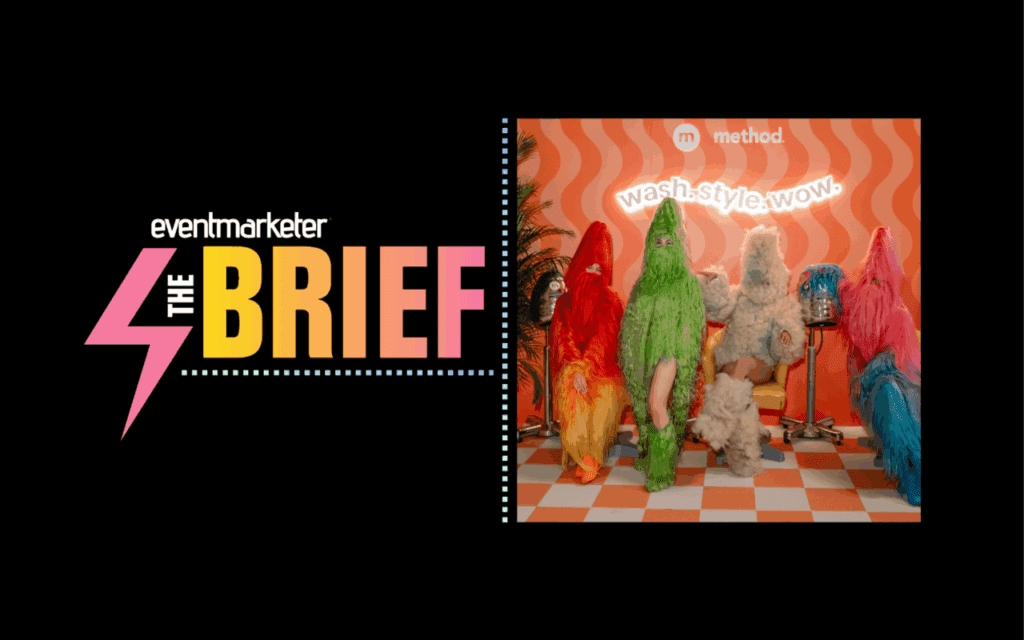Although not all New Yorkers view it with equal nostalgia, the mayoralty of Rudolph Guiliani did rack up at least one accomplishment.
Rudy believed that public offenses like drinking and rowdiness invariably lead to more serious crimes. So the police on his watch began enforcing a zero-tolerance policy toward minor infractions in neighborhoods like Greenwich Village.
It turned out he was right. The quality of life went up and the serious crime rate went down wherever this policy was pursued (although some claim Guiliani overdid it).
And now the Federal Trade Commission sees a similar correlation between the types and levels of direct marketing malefaction.
The FTC filed its first do-not-call and Can Spam cases last month. And privacy, the driving force behind both these regulations, was almost an afterthought.
As Larry Riggs reports on page 9, for example, the do-not-call case involved a credit counseling service that allegedly victimized cash-strapped consumers by not delivering what it promised.
How many times have we heard of similar cases? These things always hurt people who are least able to afford it.
Oh yes, the firm also happened to call individuals who were listed on the do-not-call list or who specifically requested that the company not contact them, according to the FTC. But that wasn’t the main problem (even though the do-not-call angle was stressed in headlines and news stories).
As FTC consumer protection bureau director J. Howard Beales III said at a press conference, the agency has received roughly 1,000 complaints about the allegedly fraudulent marketing and only 400 concerning do-not-call violations.
The Can Spam case was similar, as well it might be since the do-not-spam list is not even in place yet. The defendants allegedly sold bogus diet patches.
Yes, they obscured their identities by “spoofing.” And they did spam people, the FTC contended. But the worst problem was that the firm made exaggerated claims about its products (like the one that human growth hormones can “maintain [a user’s] appearance and current biological age for the next 10 to 20 years”), the FTC alleged.
These sorts of scams — if the FTC is right — are nothing new. In 1906, Dr. Mixer promised that his potion would cure cancer, ulcers, abscesses, fever sores, goiter, catarrh, salt-rheum, rheumatism, piles, eczema, scaid-head and scrofula.
And today’s financial scams have their antecedents in colonial-era lotteries and gift concerts.
But the FTC apparently believes that if you attack one problem, you will solve the other.
It’s impossible, of course, to bring all evildoers to justice. Guiliani found that out. And the FTC is probably all too aware of it. We’re not going to see the end of spam.
But one thing is clear: Scratch a spammer and you’re bound to find a garden-variety mail-fraud artist underneath.
 Network
Network

